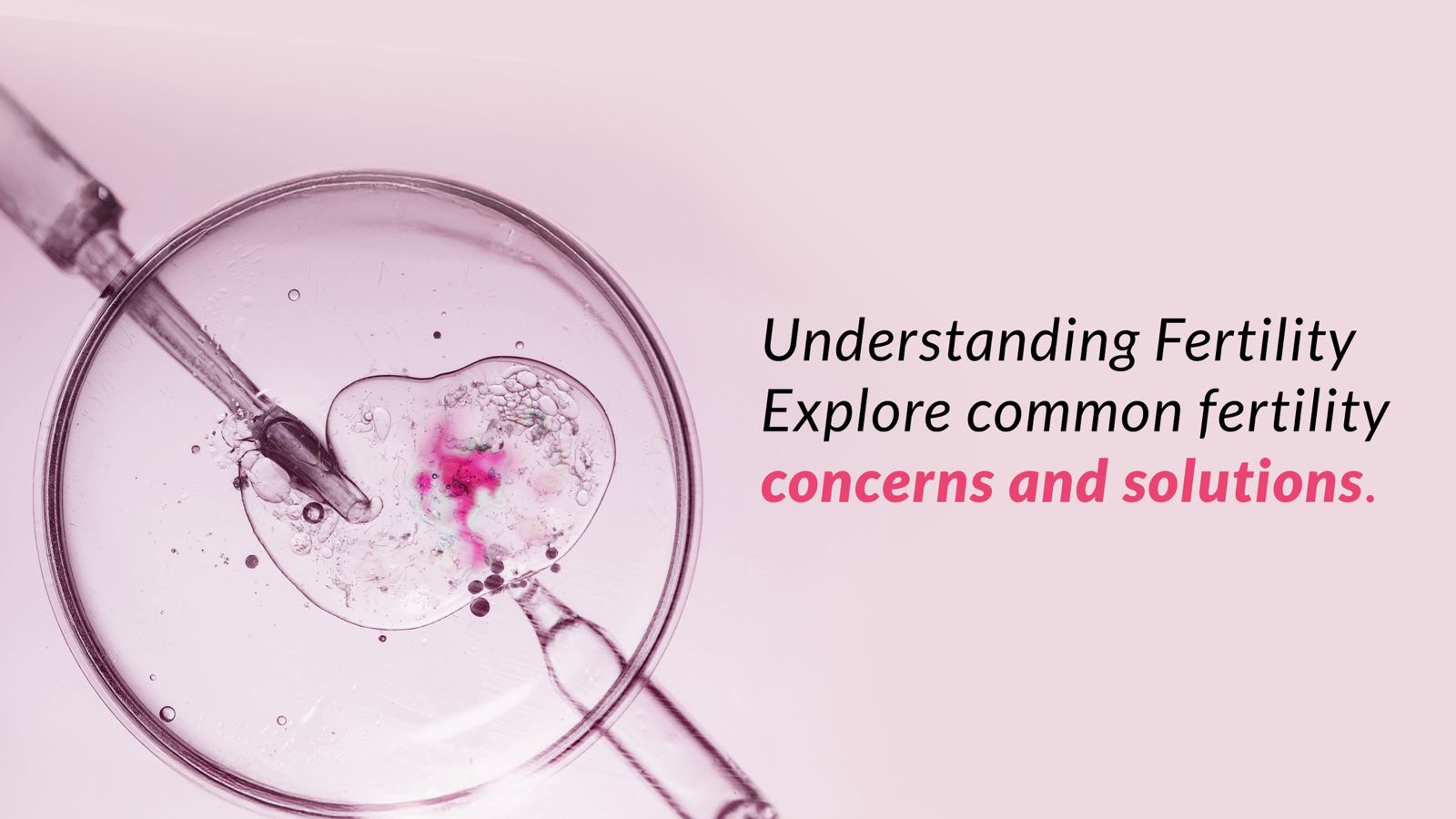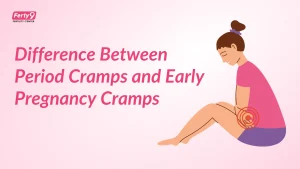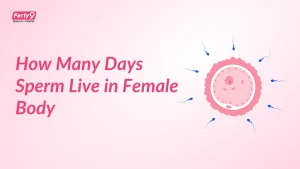The baby panic mode does set in during one’s 20s. Women need to start trying for a baby before they go on to 30, or perhaps take the risk of never having children. She also said female fertility issues are indeed a costly affair. One’s bills can go up high. In fact, one does spend a lot of money on Female Fertility treatment in Hyderabad as one does have a burning desire to have a child.
Why Women are Worried about Female Fertility
Many women nowadays for various reasons be it professional or otherwise want to have children a bit later in life. They are pushing beyond a reasonable time to naturally conceive on account of the cultural as well as the social trend to have children later in life. They need not worry too much of course. No doubt, it is good to have children at an earlier age, but nevertheless many do conceive later. Often they feel they have no time to have a baby. It is better to have a baby when one is ready to have one. Not only physically one has to be prepared, but psychologically also one must feel that one is well equipped to deal with a child.
Couples decide to have a child when they feel they are financially up to it. No doubt, a woman does worry about delayed pregnancy affecting the prospect of having a healthy child. Yet, these days couples do keep themselves well informed and consult their doctor about delayed pregnancy.
Symptoms of Female Infertility
The main symptom of infertility is the inability to get pregnant. A menstrual cycle that is too long (35 days or more), too short (less than 21 days), irregular or absent may mean that you are not ovulating. There may be no other external signs or symptoms.
When to Seek Help for Fertility Concerns Based on Age
- By age 35, most doctors recommend trying to become pregnant for at least one year before testing or treatment.
- If you are between 35 and 40 years old, discuss your concerns with your doctor after six months of testing.
- If you are over 40 years old, your doctor may want to start the test or treatment immediately.
Your doctor may also wish to start the test or treatment immediately if you or your partner have known fertility problems, or if you have a history of irregular or painful periods, pelvic inflammatory disease, repeated miscarriages, previous cancer, or endometriosis.
Age and Fertility: Understanding the Impact of Aging on Fertility
Female Fertility in fact does drop from 35 onward, but many a time several women do conceive even in their 40s, and menopause, which is when one ceases to be completely fertile.
One does worry if it takes time to get pregnant and here fertility does become an issue. The latter is true of much concern. A woman or even a man worries if he or she is fertile enough to bear a child.
If one has a regular cycle, then one need not worry. If one is having one’s periods regularly, anywhere between 21 and 35 days, one can absolutely depend that one is making an egg every month.
If one has a regular cycle one must be producing eggs because it is this that does bring on one’s period. And it is in fact nearly impossible to be menstruating regularly and then not ovulating. Naturally, women need not go about spending too much money on tests.
Conclusion
Female Fertility matters are of much concern to parents who desire to have a child. Every married couple does plan its childbearing period. The couple does have a frank talk with the doctor as to when they can conceive and in case they have a child a bit later whether it is alright to have a healthy child.
It is but natural for the woman to worry about childbearing age and in case she is professionally pursuing a career she has to be much sure whether it is alright to take a risk to have a child later on.




























